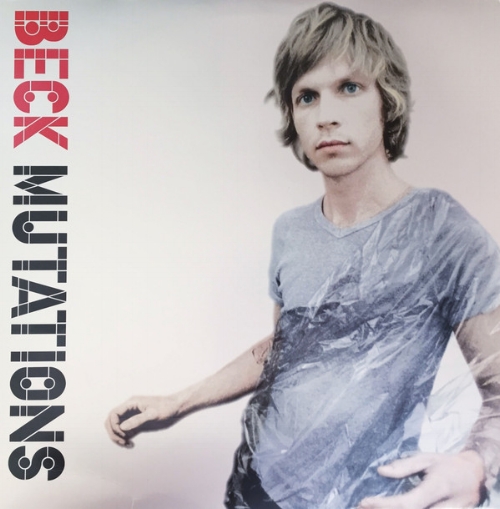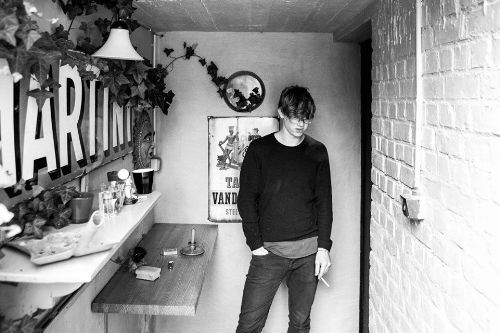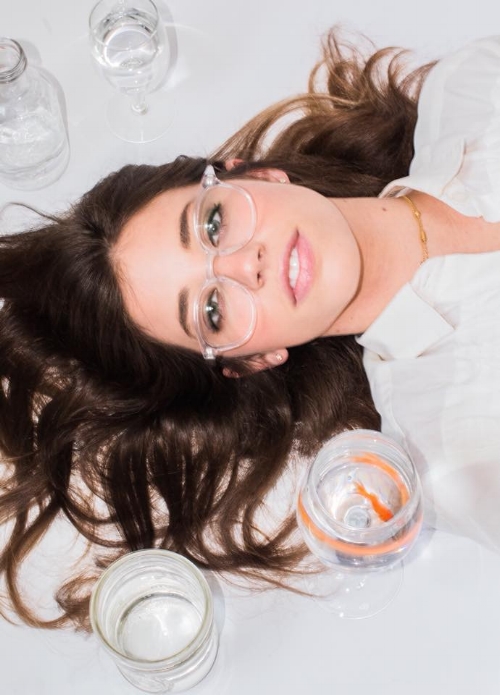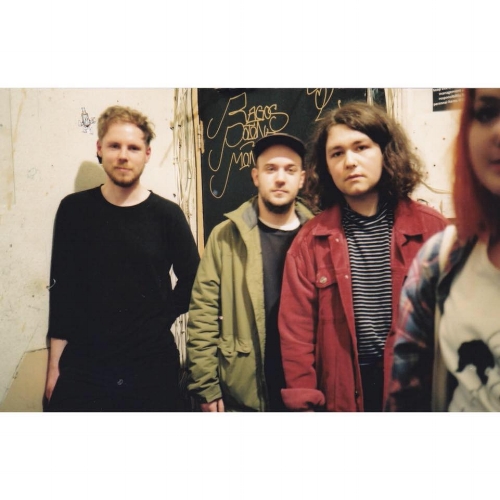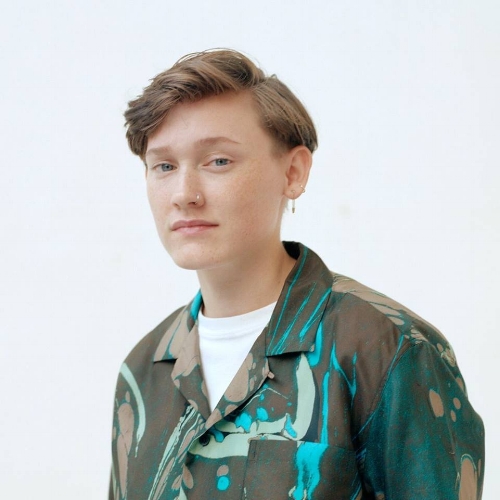INTERVIEW:
PHOTO CREDIT: @rachelwinslow
Deanna Devore
___________
TO start today…
I have been speaking with Deanna Devore about her new E.P., Half and Half, and what inspired the songs; if she has a favourite cut from the E.P. and what is coming next for her – she selects some rising artists we need to get behind.
The songwriter discusses her favourite albums and tastes and whether we can see her tour; what the scenes are like in Chicago and Toronto (where she bases herself) and if there are plans cemented for next year – I ask what advice she would give to artists emerging.
__________
Hi, Deanna. How are you? How has your week been?
Hi! It’s been pretty good - just busy preparing for the upcoming tour.
For those new to your music; can you introduce yourself, please?
I’m Deanna Devore; a songwriter/multi-instrumentalist and producer based in Chicago and Toronto.
Half and Half is your new E.P. Were there particular stories and experiences that influenced the songs?
I wrote the music first and then the music influenced the lyrics which were inspired by my own experiences, if that makes sense!
Do you have a favourite cut from the collection?
I like them for different reasons but Effortlessly currently.
Which artists got you interested in music? Did you grow up around a lot of music?
I did grow up around a lot of music. I was exposed to a variety of genres at a young age, which is why I think the music I write has a lot of different styles mixed together. There isn’t any particular artist that got me interested in music. I loved playing instruments.
You are based in Chicago and Toronto. Is there a very different music vibe in the areas? Which city do you prefer?
Yes. The music scenes are very different. Chicago seems to have a larger Folk/Americana scene and Toronto has gotten into the more ‘Drake style’ - minimal, Downtempo/R&B/Hip-Hop. The cities are actually very similar in other ways - the size/feel and the lakefront. I like them both for different reasons but Toronto will always hold a special place in my heart.
What do you hope to achieve by the end of 2018?
A successful tour and having the album reach as many new listeners as possible.
Do you already have plans for 2019?
I’m planning on releasing a new single in early-2019.
Have you got a favourite memory from your time in music so far – the one that sticks in the mind?
Opening for Jamie Cullum, solo, in front of nine-hundred people was a pretty great memory.
Which three albums mean the most to you would you say (and why)?
That’s a tough question. The albums that I’ve loved have changed over the years but I’ll narrow it down to three.
Esthero - Breath from Another
I just love the production throughout this album. It got me into the whole Trip-Hop genre.
The Go Find - Miami
This artist mixed a lot of synths and guitars; some Electronic music with acoustic and electric guitars, which definitely influenced my production.
Radiohead - In Rainbows
They are just musical geniuses.
What advice would you give to new artists coming through?
To not be afraid to be unique in the music you write - so many people sound the same these days. And, to not be afraid to follow-up. People get bombarded by emails; so a friendly follow-up is usually needed.
Do you have tour dates coming up? Where can we catch you play?
Yes! Next month we will be going on tour.
11/8 - Chicago, IL
11/11 - Toronto, Canada
11/12 - Rochester, NY
11/13 - New York, NY
11/14 - Philadelphia, PA
11/15 - Washington, DC
11/16 - Pittsburgh, PA
IN THIS PHOTO: Jadu Heart
Are there any new artists you recommend we check out?
I’ve been really into two British groups - Jadu Heart and The Hics.
IN THIS PHOTO: The Hics
Do you get much time to chill away from music? How do you unwind?
I like to unwind by cooking. Nothing like a home-cooked meal with a glass of wine.
If you could support any musician alive today, and choose your own rider, what would that entail?
I would love to open for Tom Misch. As for the rider; I’m pretty simple. Some snacks like chips and salsa and definitely Earl Grey tea with lemon and honey.
Finally, and for being a good sport; you can choose a song and I’ll play it here (not any of your music - I will do that).
Galaxy Surfing by Jadu Heart.
___________
Follow Deanna Devore






































































